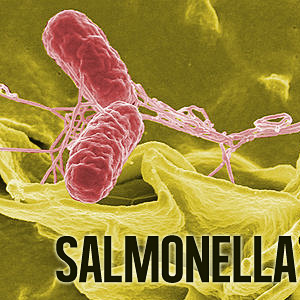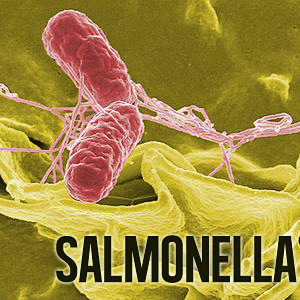BURLINGTON — For the fourth year in a row, baby poultry from a single hatchery in Ohio are responsible for an outbreak of Salmonella infections in Vermont and other states across the country.
So far this year, the Vermont Department of Health has identified five Vermont cases, including four small children, of salmonellosis associated with baby poultry. All four cases have recovered from their illness. The Department of Health found the same strain of Salmonella responsible for the illnesses in samples collected from the chicks. In each Vermont case, the birds were traced back to Mount Healthy Hatchery in Ohio.
The Department of Health is collaborating with other state health departments, the Centers for Disease Control and Prevention, and the United States Department of Agriculture to investigate the outbreak.
More information about the investigation can be found at: http://www.cdc.gov/salmonella/live-poultry-05-14/
When baby poultry carry Salmonella they may not appear to be sick, but they can still spread the germs to people. Live poultry may have Salmonella bacteria in their droppings and on their bodies (feathers, feet, and beaks) even when they appear healthy and clean. The germs can also get on cages, coops, and other objects in the area where birds live and roam.
People can be exposed to Salmonella by holding, cuddling, or kissing the birds and by touching objects where the birds live, such as cages or feed and water bowls. People become infected with Salmonella when they touch something that is contaminated with Salmonella bacteria and then touch their mouth or eat with their hands.
Infection with Salmonella typically causes diarrhea, vomiting, fever, and/or abdominal cramps. Illness can be severe and require hospitalization. Young children, elderly, and those with weakened immune systems are more likely to develop severe illness. Salmonella may spread from the intestines to the bloodstream and then to other parts of the body and can be fatal without prompt treatment.
Young children are especially at risk for illness because their immune systems are still developing and they are more likely to put their fingers or other items into their mouth. The Health Department recommends that children should not handle baby poultry.
You can reduce the risk of Salmonella infection from live poultry by taking the following common sense steps:
Wash your hands thoroughly with soap and water right after touching live baby poultry or anything in the area where they live and roam. Use hand sanitizer if soap and water are not readily available. Adults should supervise hand washing for young children.
Don’t let younger children, especially those less than 5 years of age, handle or touch chicks, ducklings, or other live poultry.
Don’t snuggle or kiss the birds, touch your mouth, or eat or drink around live baby poultry.
Don’t let live baby poultry inside the house, in bathrooms, or especially in areas where food or drink is prepared, served, or stored, such as kitchens or outdoor patios. Keep live poultry outside.
Don’t eat or drink in the area where the birds live or roam.




